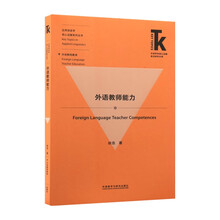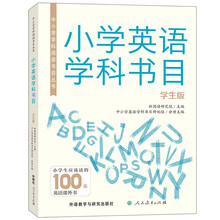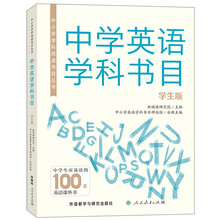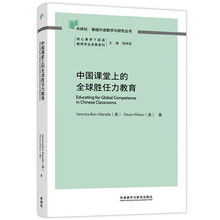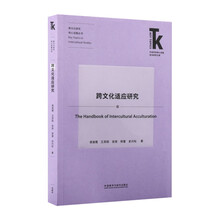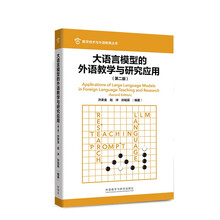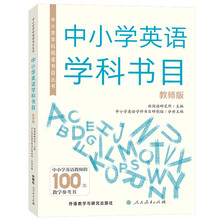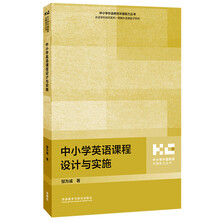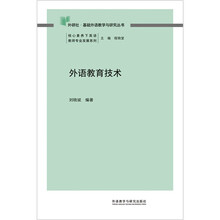Chapter One Introduction
1.1 Need for the Study
1.2 Significance of the Study
1.3 Outline of the Study
Chapter Two Literature Review
2.1 Narrative Production and Narrative Development of Second Language Learners
2.1.1 Themes in narrative study
2.1.2 Narrative structure
2.1.3 Narrative cohesion and coherence
2.1.4 Narrative discourse development and empirical findings
2.1.5 Methodology problems
2.2 Temporality and the Development of Temporal References
2.2.1 Basic concepts of temporality
2.2.2 Temporal semantics
2.2.3 Causality and temporality
2.2.4 Temporal organization in narrative
2.2.5 Narrative timeline, temporal progression and coherence
2.2.6 The development of temporal reference
2.3 Contrastive Rhetoric
2.3.1 Discourse analysis and second language composition
2.3.2 Contrastive interlanguage analysis
2.4 Limitations and Areas for Further Study
Chapter Three Research Design and Methodology
3.1 Theoretical Framework for Analyzing Temporality in Chinese EFL Learners' Written Narrative
3.2 Research Questions
3.3 Methodology
3.3.1 Participants
3.3.2 Materials
3.3.3 Data collection
3.3.4 Reliability of measurements
Chapter Four Results and Discussion
4.1 The Micro Level Analysis of Temporal Structure in Narrative Discourse
4.1.1 Proposition units
4.1.2 Rhetorical units
4.2 The Meso Level Analysis of Episodic Temporal Structure
……
Chapter Five The Linking of Theory with Practice
Chapter Six Conclusion
Appendixes
References
展开

